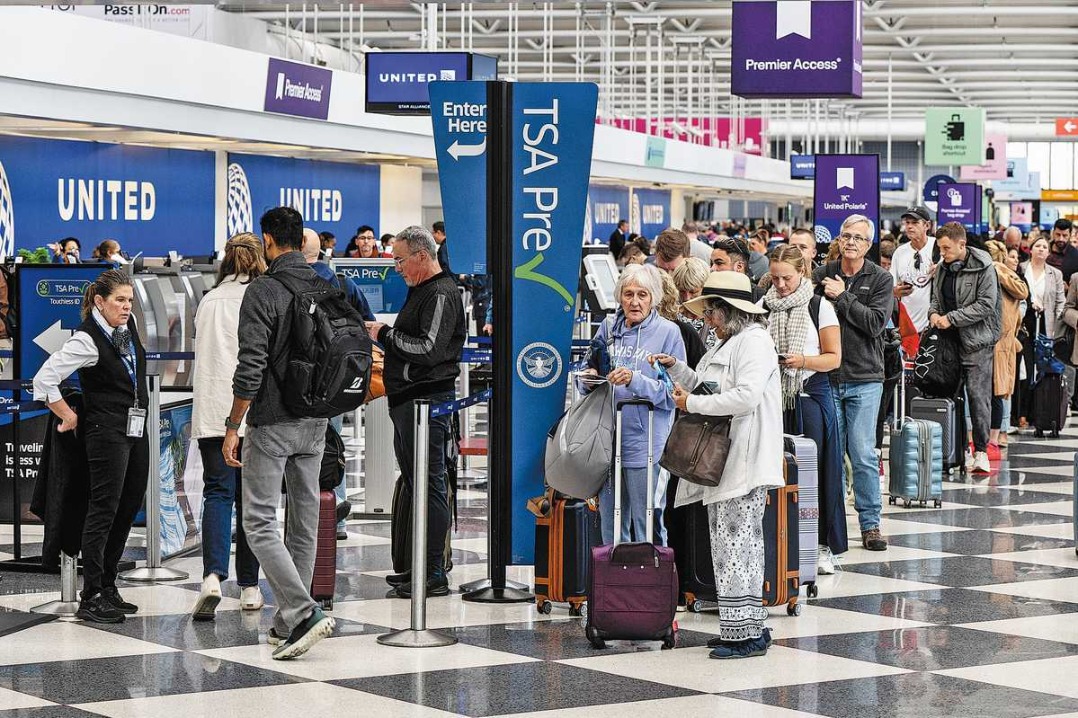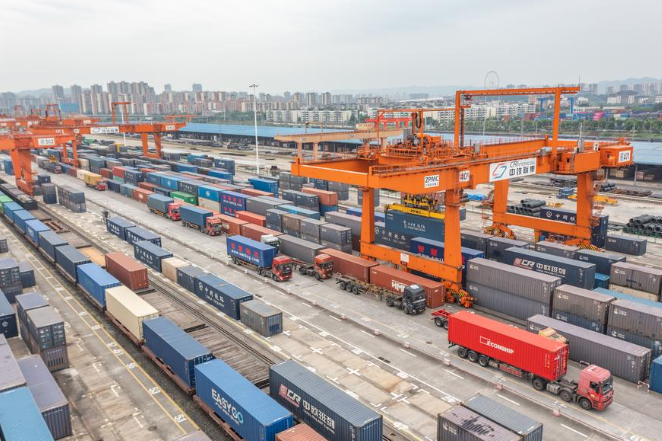Germany to finally have a new gov't as SPD agrees in referendum

BERLIN - Germany will finally have a new government after the Sep 24 elections as the Social Democratic Party (SPD) on Sunday voted in favor of a government coalition with Chancellor Angela Merkel's Conservative Union.
In the internal referendum of the 463,000 plus SPD members, over 66 percent of ballots voted for "yes", with a high participation rate of 78.39 percent, Dietmar Nietan, head of the SPD Mandate and Counting Commission, announced at a press conference at the SPD Headquarters.
"We will enter the coalition," SPD acting party leader Olaf Scholz said. The Party has again united together, and he has informed Chancellor Merkel by phone about the result, according to him.
"I congratulate the SPD on this clear result and look forward to further cooperation for the benefit of our country," the Christian Democratic Union (CDU) tweeted on behalf of Merkel later on Sunday.
As the chancellor candidate of the biggest party, Merkel is poised for the fourth time to be elected as the new chancellor in the Mar 14 plenary session of the Bundestag, or the Federal Parliament, and the new government will be formed accordingly.
HARD WAY TOWARD NEW GOV'T
The SPD's approval ended the five-month-long political stalemate and cleared way for Germany's new government after the Sep 24 Federal Parliament elections, in which both of the two blocs suffered the worst turnovers since 1949.
The fragmented vote turnovers made the Union to turn to the Free Democrats and the Greens to form a majority in the Bundestag, but it failed in November after four weeks of discussion.
The Union then turned to its formation partner SPD, which changed its stance of entering into the opposition after the election under various political pressures.
The two blocs reached a 179-page coalition agreement document in early February, detailing the main issues such as policy orientations, spending and which party will name ministers in the new government.
The SPD's "green light" is a sign to stabilize the EU after the Brexit. French President Macron's ambitions to reform the EU cannot be achieved without the efforts from Germany and a government in Berlin highlighting European policies.
Merkel also appreciates the importance of a future government for Europe. In her most recent government statement on European policy last week, she said, "We need a new start for Europe."
The SPD members' vote also helped Europe's leading powerhouse avoid snap elections or an unstable minority government. It is widely expected that snap elections will not address the political crisis but only make the anti-EU far-right populist party Alternative fuer Deutschland (AfD) stronger.
However, the new "Grand Coalition" will also make the AfD the largest opposition party in the Bundestag.
SPD STILL FACES CHALLENGES
According to the coalition agreement, the SPD administration must announce the ministers' names by Mar 12. The party is set to hold six ministries, including the important Foreign Ministry and the Ministry of Finance.
However, the SPD joining the "Grand Coalition" is facing internal opposition by many young and leftist members who are afraid of being further marginalized by the Union.
When the SPD first joined the Union in 2005, they received 34 percent of the vote. After the second Grand Coalition between 2013 and 2017 as a junior coalition partner, the share fell to 20.5 percent in September elections.
Ralf Stegner, current leader of the SPD in Schleswig-Holstein, told local TV Phoenix that the vote is a good government basis, and the 33 plus percent who voted against the Grand Coalition would be a reminder.
The newspaper Die Welt reported on Saturday that SPD member and Bundestag Vice President Thomas Opperman said the SPD should be more self-confident, cheeky and ready for conflict in the next coalition government.
"The biggest risk would be that we repeat what we did the last time," Opperman said, warning that a passive SPD stance could result in even worse election results after four years.
The negotiation for government formation with the Union coincided with a decline of SPD's support rate. It has sunk to an all-time low in survey by Emnid published on Saturday.
Made by the institute weekly for the "Bild am Sonntag", the party came only to 16 percent, dropping 4.5 percentage points from its turnover in September 24 elections. It is the worst result ever measured by the Emnid for the over 150-year-old SPD, while the AfD stood at 15 percent.
AfD mocked the SPD's decision, predicting that its decline would continue when Germany holds its next national election.
"In 2021 at the latest, they'll pay the price," AfD tweeted in a message that contained cartoons of Nahles and Merkel and the caption "four more nightmare years for Germany".
































